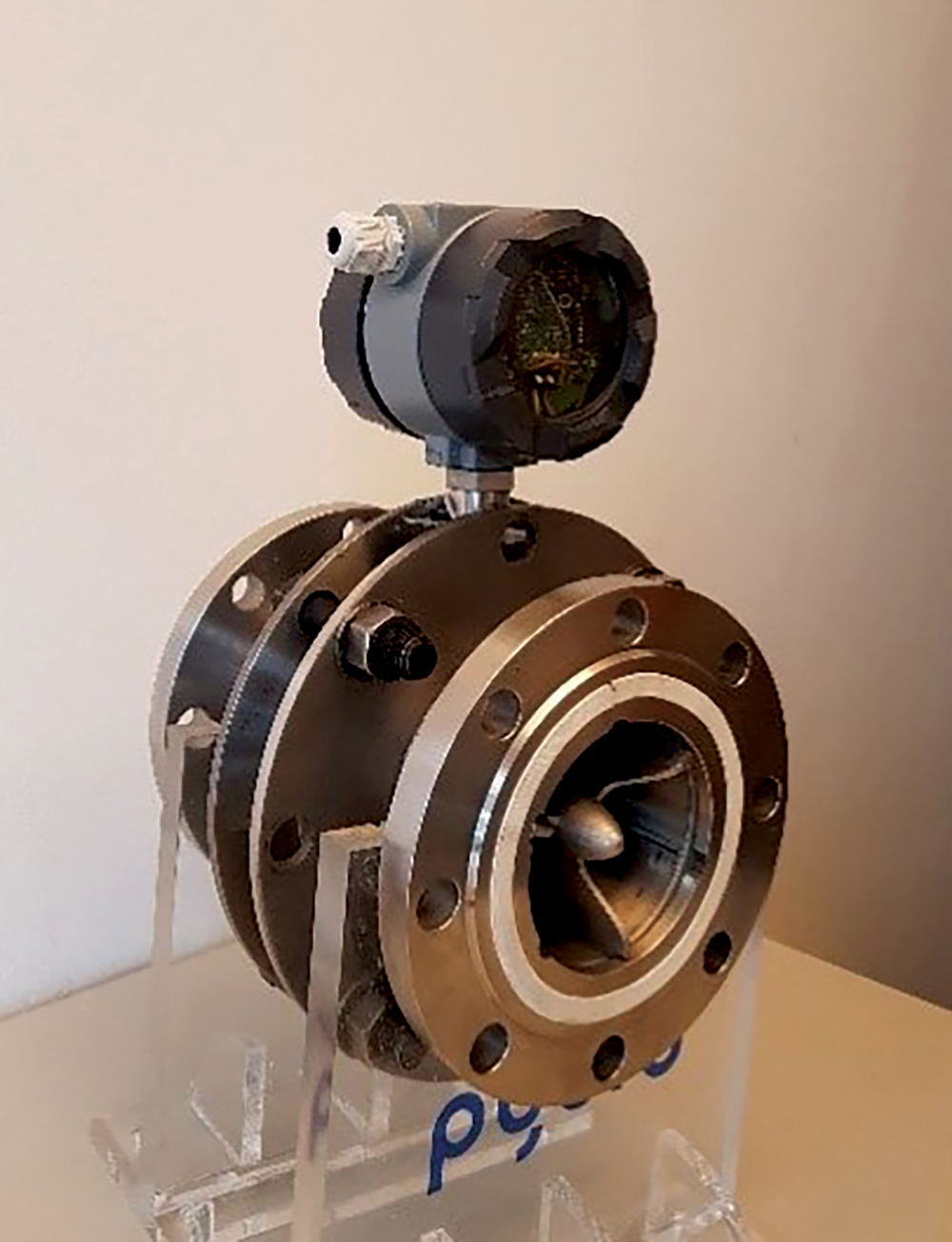Referring to the world economic forum, water crises are one of the TOP 5 global risks for the next decade. Therefore, two entrepreneurs founded the company Pydro in 2016, to make an impact in creating a resource efficient distribution system. Their Hamburg based Startup develops modular and powerful water turbines, to provide a self-sufficient energy source for sensors and components in smart water networks.
We are living on a planet with limited resources, but one of the most utilised resource around the world is still among the least respected. An efficient water management is one of the key challenges to limit worldwide water scarcity, but 30% of the worldwide distributed water is currently lost through leakages and inefficiencies. In Pydro‘s homecountry Germany, 1,5 billion liters of water are lost every day. In addition, every cubicmeter of this „non revenue water“ requires 2 Kwh of energy for processing and distribution. The frequency of leakages is, amongst others, negatively affected by an inefficient pressure management, often related to non-automised components. „We recognize the intention at many utilities for a higher degree of automation and to get real time about the network condition, to achieve resource efficiency in water distribution“ (Michael Hoette, Co-Founder of Pydro).
Smart water networks are a solution for above mentioned challenges. With a dense sensor network, real time monitoring and automised components it would be possible to avoid leakages initially and if they happen, there would be a quick reaction time. One critical limitation, that prevents the implementation of smart networks in a large scale, is the access to energy. „Some of our partners confirm that 80% of their water system is not economically connectable to the grid and the value of data analysis is very limited, if only a small percentage of the network is covered“ (Michael Hoette, Pydro). A common transitional solution are battery packs, which come along with a limitation, as they are not strong enough to power real time networks or centralised multi-sensor systems.
What‘s needed is a powerful, sustainable and self-sufficient energy source. Pydro wants to serve this market-driven demand. Their water turbines utilize the natural flow and pressure excess in the water pipe, to power sensors and other intelligent IoT devices in smart networks. Pydro’s technology enables utilities to install energy-demanding devices wherever they are needed. Their self-sufficient turbine solution brings flexibility in building a dense sensor network and is powerful enough to send data in real time with an integrated data transmitter.
So what‘s special about Pydro’s turbine? They focus on a modular design to achieve standardization in the manufacturing process and to simplify the installation process. In addition, their solution follows a turnkey approach by implementing sensors into the turbine, as well as holding a data transmitter to continuously send the generated data. One of Pydro‘s current development challenges is the objective to substitute a flowmeter by implementing an algorithm, considering the rotation speed of the turbine blade.
Some weeks ago Pydro finalized a third prototype version and they are planning field installations in Germany during the next months, amongst others at their partner company Gelsenwasser. As the UK is targeted to be one of the main smart water markets, Pydro wants to reach out at an early stage. “We are actively searching for contacts to validate our assumptions, to adopt our solution to the UK requirements and to start a cooperative development approach with the final target to do test installations in the UK market as well.” (Michael Hoette, Pydro).
Contact Details:
Michael Hoette (Co-Founder)
Pydro Gmbh
+491607063215
m.h@pydro.com




